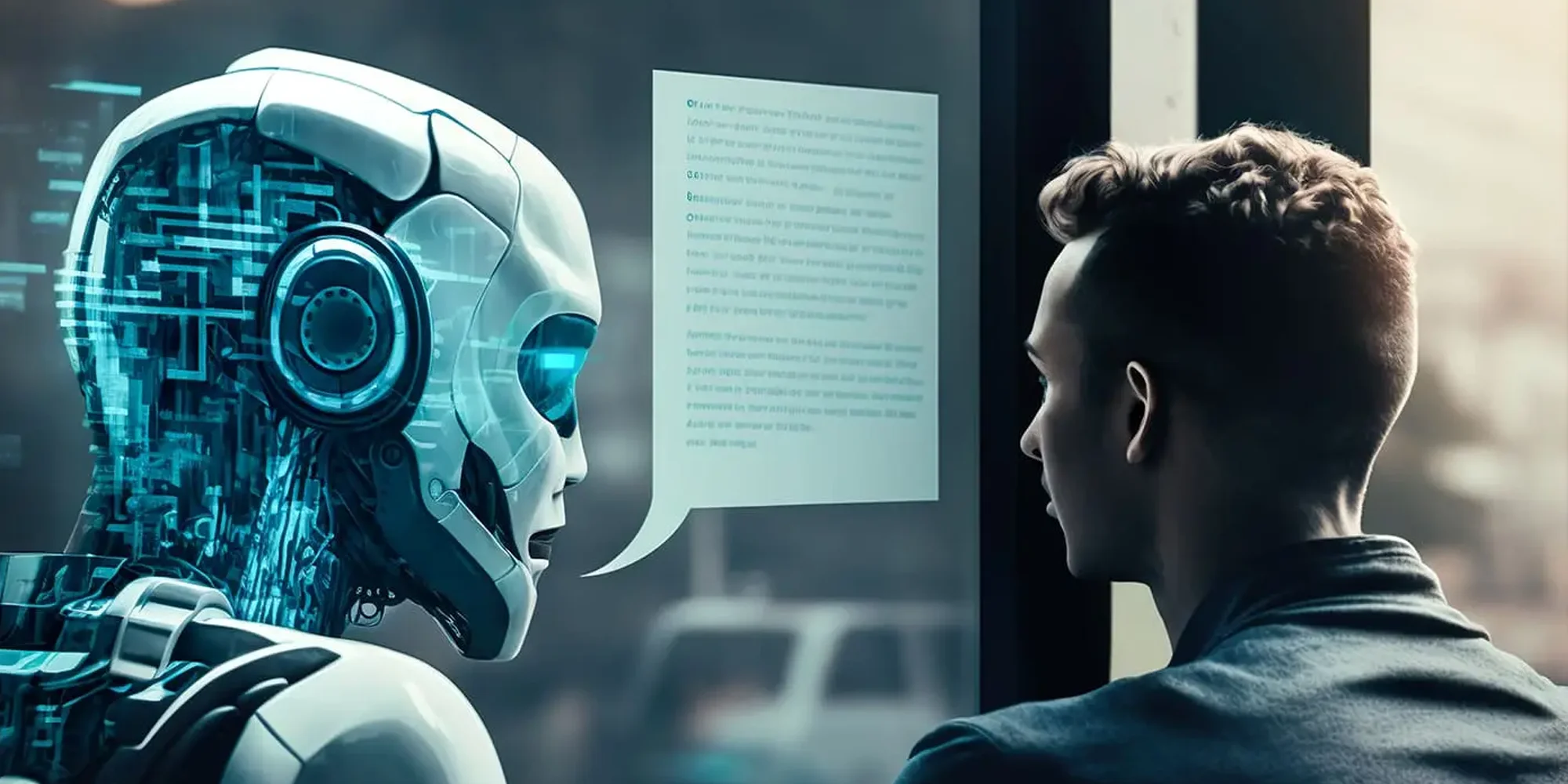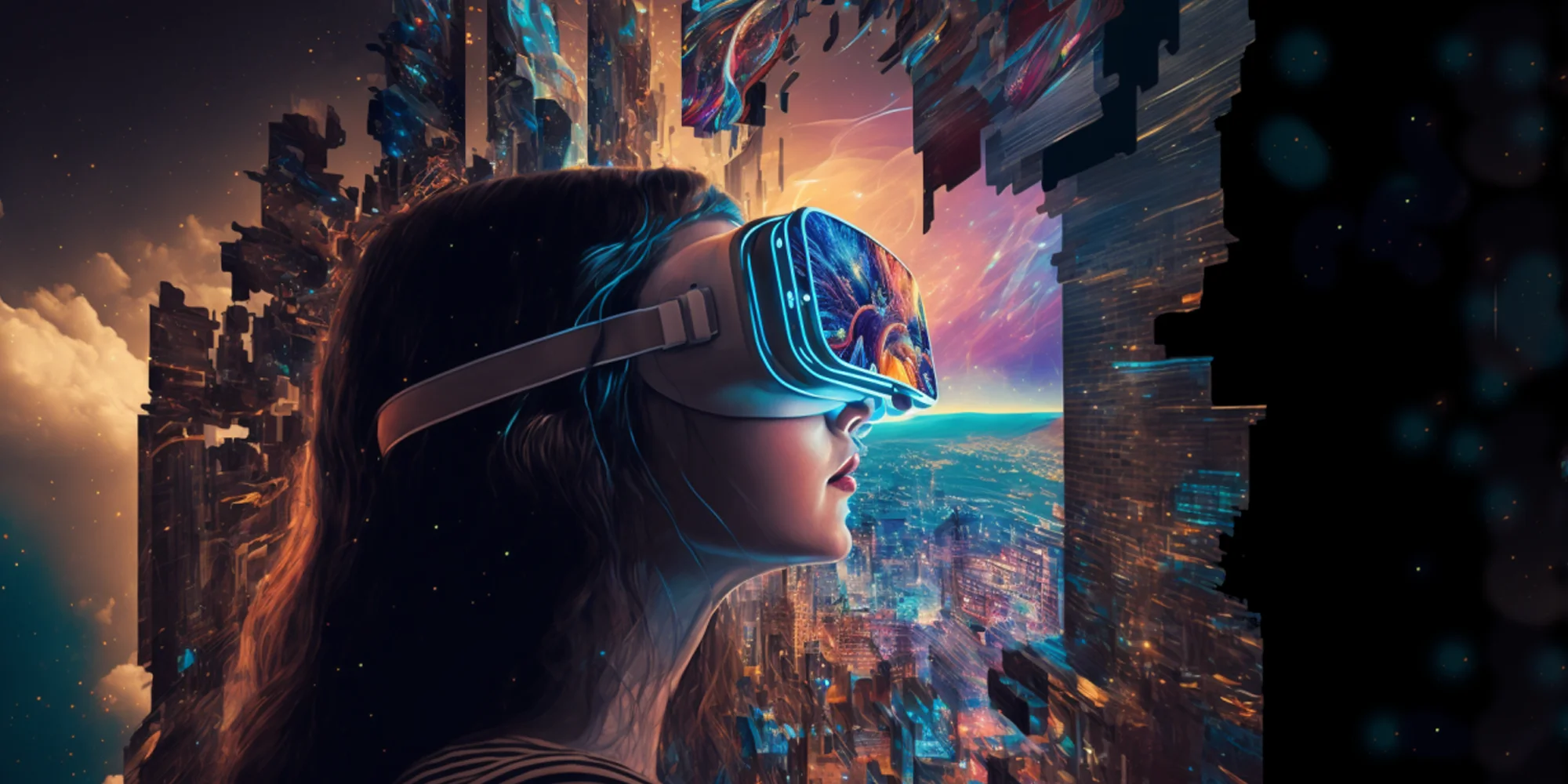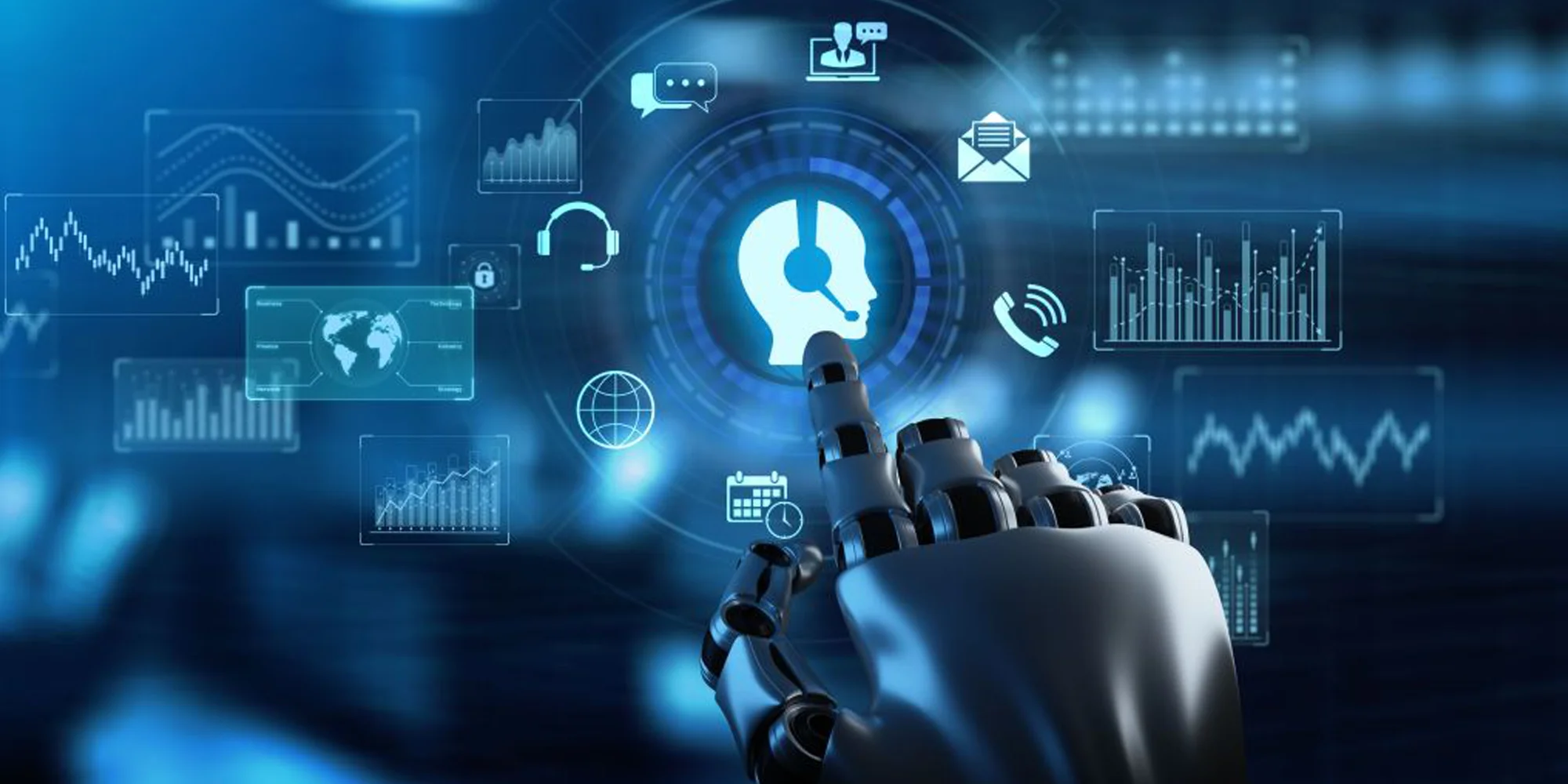
In this article
How These 10 Astounding AI Innovations Changed Our Lives
In this article
Introduction
You might think that you can’t live without your smartphones or computer, but what about the innovation that came before them?
We have been innovating since the dawn of time and it has gotten us where we are today.
In the 1950s and ’60s, the futurists predicted that by the end of the 2000s, flying cars and airborne robots will be a part of our everyday lives. However, today we live in a world that is dominated by smartphones and live streaming.
So, thought their forecasters didn’t quite get the timing right, but they did get the technology right.
Today, we are standing at the brink of another technological boom, only this time, technologies such as self-driving vehicles and robot assistants are under-development.
All these exciting technologies are powered or the result of artificial intelligence. In fact, some of these technologies have already the world to create history.
So, in this blog post, we are going to take you through some of the greatest AI innovations examples that have impacted your life and profoundly changed history.
But before that let’s take a little peek into the history of AI and how it became popular among the masses.
How Did Artificial Intelligence Become Mainstream?
The history of AI goes all the way back to the 20th century when science fiction familiarized the world with the concept of AI robots. It all began with a heartless Tinman from the Wizard of Oz and continued thereafter.
We had a generation of scientists, mathematicians, and philosophers by the 1950s who culturally assimilated their minds with the concept of AI.
AI used to be confined to science fiction but it’s broken into the real world. It has now become one of the most important technologies of our time. AI innovations have even propelled investments and shown phenomenal growth. For instance, the global artificial intelligence market is now expected to reach $15.7 trillion by 2030. This means that it will grow at a CAGR of 14%.

So, Let’s Explore More About These AI Innovation Examples
1. Voice Assistants
Today, voice assistants are everywhere from your phones to the phone of a person living in another country.
Statista says that in 2020, there will be 4.2 billion digital voice assistants being used around the world. They also forecast that by 2024, the number of digital voice assistants will reach 8.4 billion units.
For many consumers today, voice assistants the heart of the smart home. By 2022, the majority of American households are expected to own an AI-powered voice assistant such as an Amazon Echo, Alexa, or an Apple Homepod.
In your home, other than being a prerequisite for controlling devices their speakers can update users with new, weather, and play music, among other skills.
However, voice assistants have presented of a privacy headache as they have internet-connected microphones that can transmit conversations to tech giants such as Google, Amazon, or Apple. All three companies have admitted to using human contractors to listen to select conversations through voice assistants to improve the software’s accuracy.
Today, voice assistants are one of AI’s biggest innovations and have made a significant impact on markets. In the future, observers expect that all their communication will be through voice rather than text.
2. Facial recognition
Facial recognition is literally everywhere. Facial recognition is a form of biometric authentication that utilizes facial features to verify a person’s identity.
By 2024, the facial recognition market is estimated to grow by 7 billion U.S. dollars.
It’s in our phones, laptops, computers, malls CCTV, exams hall, and so many more places. While this is one AI innovation that is blossoming in the field of technology but it is playing an ever-growing role in our lives.
For instance, smartphones have become a part of our everyday lives. To understand how deep it has gone into our lives think about unlocking devices or sorting photos through them.
In fact, they are also being used to recognize faces for personalized shopping recommendations when someone enters a store. For instance, face recognition can send meaningful alerts to employees who can then provide better assistance to customers in stores.
It can also be integrated with different retail solutions such as CRM, point of sale, Loyalty systems, and more. Hence, stores will be able to gain more information about customers and provide far better customer service.
However, surveillance and marketing are still in their nascent stage and are adopting this technology fast. In the future, cameras linked to facial recognition databases will become more common than ever. These databases will contain the information of millions of mugshots and driver’s license photos to identify suspected criminals.
Both of these activities have raised privacy concerns ranging from law enforcement overreach to hackers gaining access to information, and systems with hidden racial biases.
Despite that facial recognition has shown immense potential in the past and will grow even more in the future.
3. Chatbots
We have all interacted with an AI-powered chatbot at one time or the other. They are everywhere assisting us on COVID-19 symptoms to informing us about how can we return our online orders.
Chatbots learn by trawling through huge datasets for information to spot patterns and repeat actions when they are triggered by keywords.
They are adaptive and predictive in their learning curve which means that if the input is poor the chatbot’s behavior will evolve accordingly.
We have become so comfortable with the technology that we tend to forget that it is still in its early stages. This technology is one of the best AI innovations. AI-powered chatbots can handle queries and requests from visitors on the website or social media.
How AI and Chatbots Are Making Financial Services More Human
Today’s banking customer has strong opinions about their banking experience. “The Amazon Effect” has raised consumer expectations exponentially.
In fact, the chatbot market size which was estimated to be just $2.6 billion in 2019, is projected to grow by $9.4 billion in 2024 at a CAGR of 29.7%.
Today almost every major industry has incorporated it in its business process or for customer servicing. With chatbots, businesses can leverage the convenience and speed of on-site live chat to help customers. They can also add chatbots to enhance personalized experiences.
4. Quantum Computing
A typical computer uses a series of zeros and ones to communicate any type of information. But the computers used today are way more advanced than before thanks to AI. While they still have considerable limitations that make processing information a challenging machine-learning problem.

But quantum computers use quantum bits to carry that same information. These bits allow computers to process datasets better than traditional computers. This helps quantum computers to produce serious ML breakthroughs that otherwise might be impossible.
This technology is still in its early stages and is one of the greatest AI innovations. However, tech giants including Microsoft and Google have already invested billions of dollars. They aim to develop supercomputers that are capable of producing highly accurate predictive models. They can then use these models in everything from marketing campaigns to self-driving cars.
5. Driverless Eco-friendly Vehicles
Driverless eco-friendly vehicles are the future of the automobile industry. They are one of the best AI innovation examples. Automobile giants including Tesla, GM, Volvo, and many more have already developed semi-autonomous vehicles.
However, self-driving technology is evolving rapidly. In 2019, General Motors announced that its cars will have no steering or pedals. Ford also claimed that by 2021 they will build a steering-wheel-and-pedal-less autonomous car.
Meanwhile, Uber leads the industry by pushing for pilotless flying vehicles. The company has even teamed up with NASA to develop an air-traffic-control system. They are also working with aircraft manufacturers to develop prototypes to launch a beta program in 2021.
How IoT, AI, and Edge Computing Will Transform Business Operations
6. Robot Assistants
We have all heard about robot assistants in sci-fi movies. However many companies are trying to bring this AI innovation to the real world.
for instance, one company called Robot Boston Dynamics is working on the development of a wide variety of robot assistants that can be used in factories and battlefields.
They originally started as an arm of MIT and have since pioneered the development of intelligent robots.
Another company working with robot assistants is Knightscope for security applications. For example, the features of the K5 robot include four cameras and they can recognize 300 license plates per minute with each camera. They are also able to detect suspicious networks that might be operated by hackers.
7. Reusable Rockets
Space rockets are one of the costliest aspects of space exploration and the best AI innovation example. It is very expensive to build sophisticated and powerful rockets that are capable of transporting equipment weighing thousands of pounds into space.
Our very first achievement remains the fact that we have figured out how to land rockets using AI. Now we are even able to land the large ones used to launch the Falcon Heavy. This has opened up an array of new possibilities one of the most important remains is that it will help to reduce the cost of space travel.
Other than that, thousands of non-working rockets create pollution even in space and they always pose a threat to the new ones being launched. Being able to bring back these rockets will not only be cost-effective but also save us from more pollution and other hazards.
8. Augmented and Mixed Reality
A few years ago, if these technologies were in their nascent stage and it was still very unclear if they would take off.
Despite that many tech giants including Apple have invested billions of dollars in augmented reality hardware, it’s pretty clear that it’s only a matter of time before the tech goes mainstream.
For example, Apple’s iPhone is equipped with the latest and advanced augmented reality capabilities. A report suggests that the company is working on an AR headset that will have all the necessary capabilities to replace the iPhone in two to three years.
9. Regenerative Medicine
Yes, they exist! We have heard a lot about regenerative medicines in science fiction. But, much to our surprise doctors are already actually producing made-to-order body parts.
How does it work?
The doctors started by scraping cells off the body part in question. They then use a petri dish to grow them. Then with time, the body part grows strong enough to be implanted inside the patient’s body.
One company, Organovo designs and develops functional three-dimensional human tissue for medical research and therapeutic applications. They have developed a printer capable of 3D printing body parts while it is still in the early stages of research. In time, this new AI innovation will become increasingly mainstream and save lives by providing patients with lifesaving organ replacements.
10. Cryptocurrency
Cryptocurrency is one of the most controversial topics around. In the initial years, it witnessed rapid growth and in the last few years, it steadily became increasingly mainstream.
One of the largest hedge funds today is betting on Bitcoin which started at the beginning of a cryptocurrency revolution. In fact, at one point, Bitcoin was worth more than $19,000 per coin.
However, in the last few years, the value of cryptocurrency declined but its single coin is still worth thousands of dollars.
The global trading power of blockchains has been explored by platforms such as TrustToken that are poised to connect with real-world assets. On the TrustToken platform, the owners of an asset can sell factions of assets such as homes, gold, or small businesses. They can then coordinate asset ownership through unique blockchain-based tokens allowing sellers to make illiquid assets liquid. This also allows buyers to gain control of a diverse portfolio of assets.
Cryptocurrency is expanding the industry to bring a new wave of crypto enthusiasts. They are also offering mobile-friendly products to also provide a new form of crypto education and the tools to execute crypto trades.
Conclusion
In this blog post, we have covered the 10 latest innovations in AI that have changed the world. While it is hard to say anything for sure in the ever-changing landscape of technology. But these innovations have already changed the world and in the coming years become so much more than they already are.
Tech Insights Digest
Sign up to receive our newsletter featuring the latest tech trends, in-depth articles, and exclusive insights. Stay ahead of the curve!



